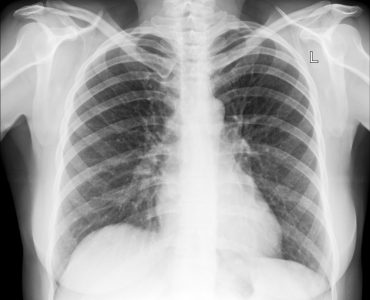You can take SSRIs when you have moderate or severe depression, generalised anxiety disorder or obsessive compulsory disorder. SSRIs are also useful in treating eating disorder, panic disorder and post traumatic stress disorder.
What are the names of SSRIs
There are several SSRIs, which include citalopram (Cipramil), escitalopram (Cipralex), fluoxetine (Prozac), fluvoxamine (Faverin), paroxetine (Seroxat) and sertraline (Lustral). The brand names are given in brackets.
How do SSRIs work
SSRIs increase the level of serotonin in the brain. It boosts your mood and causes a feeling of happiness. It is believed that depressed people have only small amounts of serotonin. SSRIs prevent absorption of serotonion back into the nerves. Therefore, the depression is kept under control for a long time.
The effect of SSRIs can be felt only 2 – 4 weeks after start of the treatment. The course should not be discontinued even if you do not have any effect. However, if your depression worsens during the treatment, you should inform your doctor immediately. Once the depression subsides, you may have to take SSRIs for about 4 – 6 months to prevent relapse of depression. You should not suddenly stop this course without consulting your doctor, but you can reduce it gradually to avoid withdrawal symptoms.
The full mechanism of working of SSRIs is not clear, in cases such as anxiety disorders and eating disorders.
What are the precautions for using SSRIs
You should not take SSRIs if you have hallucinations or very elevated mood, bipolar disease, if you have a history of allergic reaction to SSRIs, if you are getting treated with antidepressant like monoamine oxidase inhibitor, if you are on treatment with moclobemide, or if you have taken moclobemide within the last week or if you are using rasagiline or selegiline for your treatment.
You should be cautious in taking SSRIs if you have a mania, neuroleptic syndrome, or thoughts of self-harm like suicide.
People having angina, bleeding disorder, diabetes, epilepsy, liver problems, glaucoma or kidney problems can take SSRIs only if advised by their doctors.
Further, adolescents above 18 years, elderly people and persons undergoing electroconvulsive therapy for depression can take SSRIs only if advised by their doctors.
Children below 18 years can take SSRIs only when advised by a mental health specialist.
Pregnant women and nursing mothers can take SSRIs only after weighing the risks for their babies. They should seek advice of their doctors before starting the treatment with SSRIs.
What I should do if I miss a dose or have taken extra dose
If you have forgotten to take one dose of SSRI, you can do as follows:
You can take the dose as soon as you remember, if it is less than two hours late. After this, follow the normal timings. If it is more than two hours late, you can take it when you remember in case the next dose is not due within a few hours. Anyway, avoid taking two doses with a narrow gap of time, as it may cause side effects.
If you have taken an extra dose, inform your GP immediately and seek their advice.











